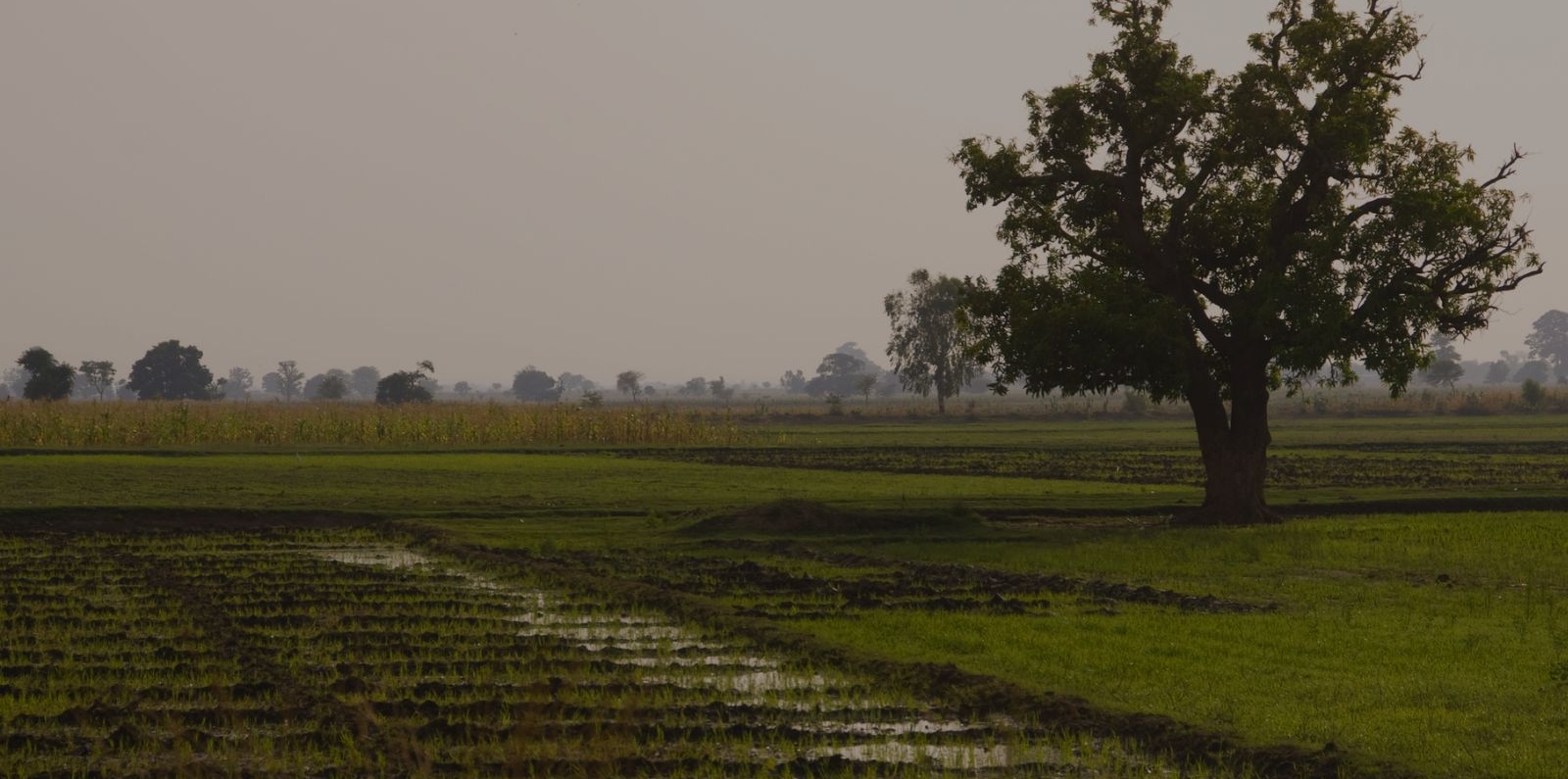About the Project
Nearly 70% of Burundians live on less than US$1 a day, and those living in rural areas are the most severely affected by poverty and food insecurity. The vast majority of the population works in the farming sector, estimated at more than 95%, and most are small farmers who depend on food crops. Their poverty is largely linked to low agricultural productivity, due in large part to the small size of farms, low soil fertility, limited technological and financial capital assets, lack of access to quality seeds and fertilizers, and limited technical knowledge of farming best practices.
To support these farmers and help lift them out of poverty, PNSADR-IM strengthens food security and rural development in Imbo and Moso regions by reinforcing hydro-agricultural infrastructure, such as dams and roads in marshlands and plains; provides access to production areas; and develops and strengthens the rice and milk sectors. The project also supports production diversification and promotes nutrition education, while building stakeholder capacity in agricultural development.
$30 million will be invested to improve water management and irrigation in drought-prone areas, improved technologies, and productive assets, and the establishment of farmer field schools.
Country
- Burundi
Project Status
ClosedFunding
Country-led projectSupervising entity
- IFAD
Call Year
2012GAFSP Funding Amount
30.00Results
As of December 2021, the project has reached more than 394,650 people, half of them women. To build capacity, PNSADR-IM has provided 20,481 client days of extension services to farmers and community members to build capacity, distributed rice input kits among 1,205 vulnerable households (120% of target), and set up seed multiplication plots, 343 producer field schools, and 23 rice cooperatives, beating the project target by 115%. In terms of land and infrastructure management, the project equipped 202 hectares of land with new irrigation and drainage services and 1,042 hectares of land with improved or rehabilitated irrigation and drainage services, rehabilitated roads, and installed 35 private or public-private agro-processing and quality control facilities. Further, nutritional support has been an important project component, and PNSADR-IM has ensured that 40,090 people have improved nutrition services.
Contact
Dagmawi Habte-Selassie
d.habte-selassie@ifad.org
Sandra Nyambuza
s.nyambuza@ifad.org
Damase Ntiranyibagira
coordonnateur.pnsadrim@gmail.com
